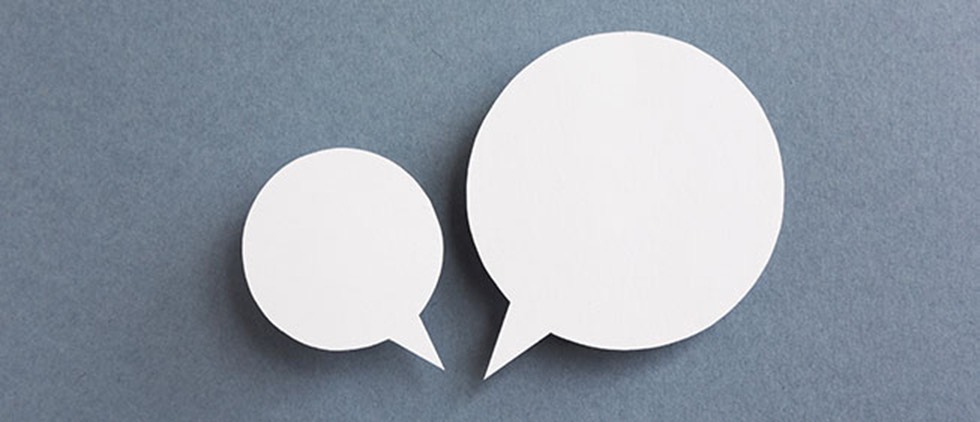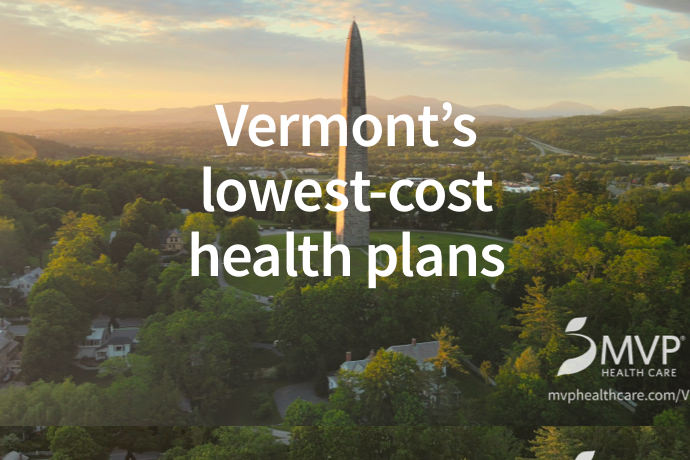Attention Hospitals: Establish Social Channels Now

It’s been a couple of weeks since the marathon bombings in Boston, so I’ve had some time to reflect on the terrible events that transpired that day. More importantly, perhaps, I’ve spent time learning about (and appreciating!) the good things that happened that day as a result of – in spite of? – the bad. I’m sure you’ve read or watched news reports about first responders and ordinary citizens alike who didn’t think twice about running towards the scene to help save lives. Or of the many marathon runners who continued past the finish line straight to places they could donate blood. Or of the Boston-area residents who selflessly volunteered their apartments and homes to house those out-of-towners stranded after hotels evacuated. Amazingly, the list goes on.
But one of the biggest ways the Boston-area response impressed me was how the local hospitals reacted, both immediately as events unfolded and how they continued to act in the days that followed. And I’m not just referring to the speed at which they took in the victims or the efficiency with which they processed what was happening: I’m speaking specifically to how well they communicated with the public about what was going on.
Indeed, these hospitals could serve as models for the healthcare industry on the importance of having good communication in a time of crisis. More than that: they can serve as a model for how important social media can be for healthcare systems in times of crisis.
In the article, “In Wake of Bombings, How Hospitals Are Communicating,” author Marianne Aiello rightly points out that Facebook, especially, was extremely well utilized in the hospitals’ efforts to get information out. In her article, she cites the following as ways these hospitals put Facebook to good use:
- They communicated news and information about patients and the current situation in real time (which helped keep families, staff and the public informed)
- They shared the feel-good excitement of special visitors (like President Obama and the First Lady)
- They addressed and/or corrected reports from the news media (ensuring accuracy of information)
- They expressed thanks and gratitude to all involved (it’s easy to forget how far kindness goes in times like these!).
But I’d like to go one step further. Or maybe it’s more like taking a step back. Yes – Facebook proved to be an excellent communications tool during this emergency. However, it is important to realize first and foremost that in order for any communications medium to work well during a crisis, it must already be a well-established communications channel.
If people don’t know your channel exists, they won’t be looking to it for updates or news when they need it most. But if they already think of your organization as a strong and reliable source for useful information, it’ll be your organization that comes to mind first. And let’s face it: if you’ve already built up a large audience (Likers, followers, readers, viewers, etc.) then whatever you’re putting out there will be seen (or read or heard… you get the picture).
Bottom line: if the Boston tragedy has taught us anything about communication, it is this – hospitals do belong on social media. Not only can platforms like Facebook help build a vibrant community for everyday interaction and engagement, but they might just prove to be a vital source of information in times when we need it most.
Hospitals, it’s time to get social.






